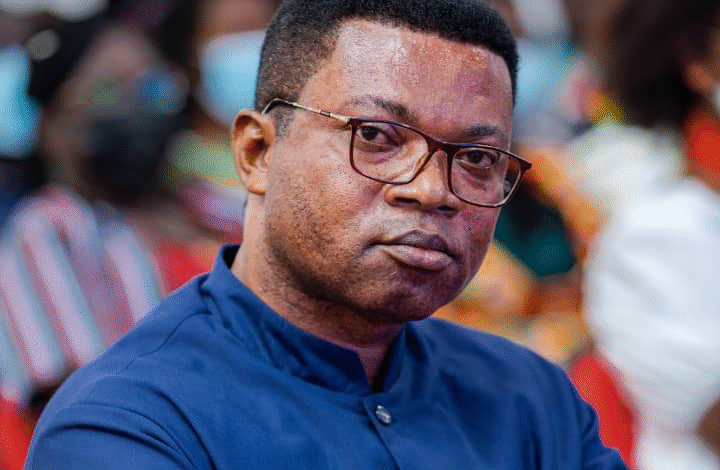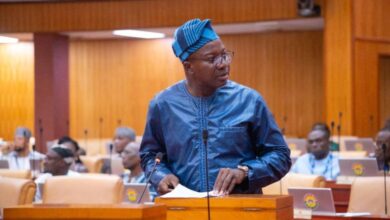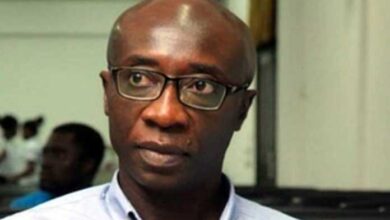Mission Schools have shaped Ghana‚Äôs moral values and must be supported ‚Äì Prof. ¬ÝLowell

Educationist and University lecturer, Prof. Lawrence Lowell, has weighed in on the ongoing Wesley Girls’ High School saga, stressing that Mission Schools have, for decades, played a crucial role in shaping Ghana’s moral and national values and must therefore be supported in preserving their identity and discipline.
He made the remarks during an interview on Oyerepa Radio.
Prof. Lowell recounted a recent personal experience to illustrate the importance of school identity. According to him, he once saw a student removing a jilbab (jarabia) after closing from school and questioned her about it.
“She told me she was a Christian, but because she attended an Islamic school, she had to wear the jarabia while on campus so that the younger Muslim children would emulate her,” he explained. He used this example to argue that schools, whether Islamic or Christian, have long maintained certain traditions to preserve order and coherence within their environments.
The professor further questioned the motives of some politicians who have commented on the Wesley Girls’ issue, reminding Ghanaians that many of these leaders attended mission schools themselves and continue to send their children to such institutions.
“If we allow everyone to do whatever they want in our schools, there will be chaos, disorder, and a breakdown of discipline,” he warned. He noted that while freedom of speech is important, it should not be used to promote arguments that undermine well-established educational structures. “Ghana is a peaceful country, so sometimes people say anything and get away with it,” he added.
Prof. Lowell emphasized that mission schools have been instrumental in nation-building, having trained generations of responsible and disciplined leaders. For that reason, he said, the identity and ethos of these institutions must not be compromised.
He appealed to policymakers to handle the current matter carefully so as not to distort the long-standing values of the country’s mission schools.
Touching on the broader debate about religious expression in schools, he stated: “If Christians conform to Islamic practices when they attend Islamic schools, then it is only fair that Muslims also conform when they attend mission schools.”
Prof. Lowell concluded by calling for thoughtful dialogue and respect for institutional rules to ensure continued harmony in Ghana’s educational system.





